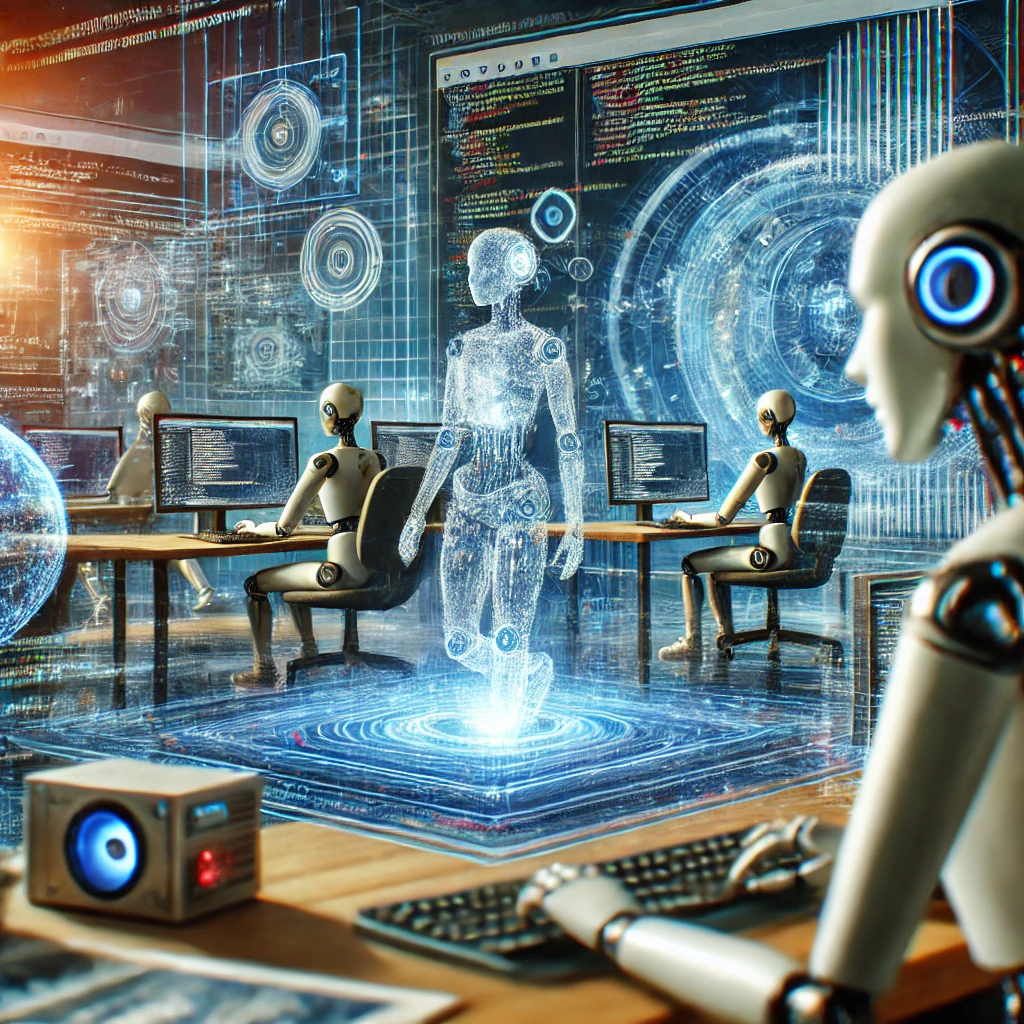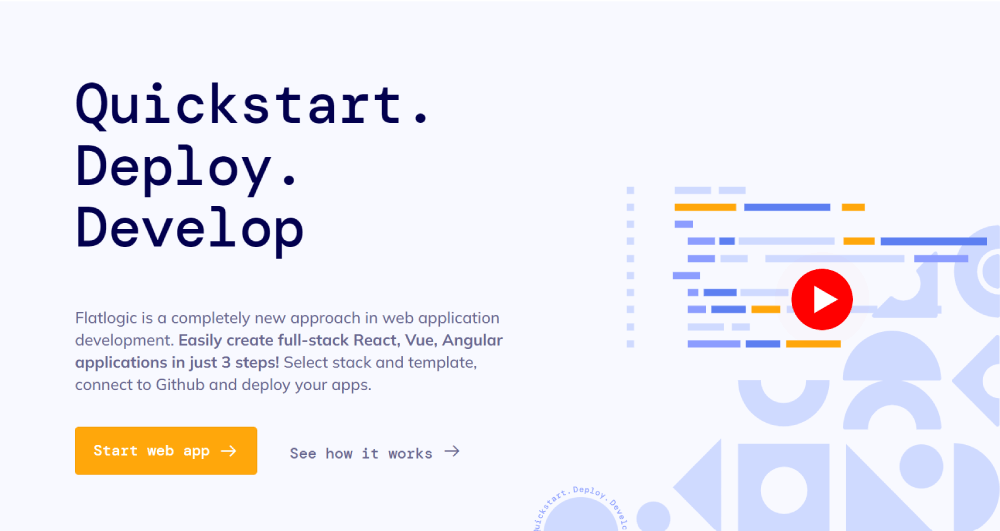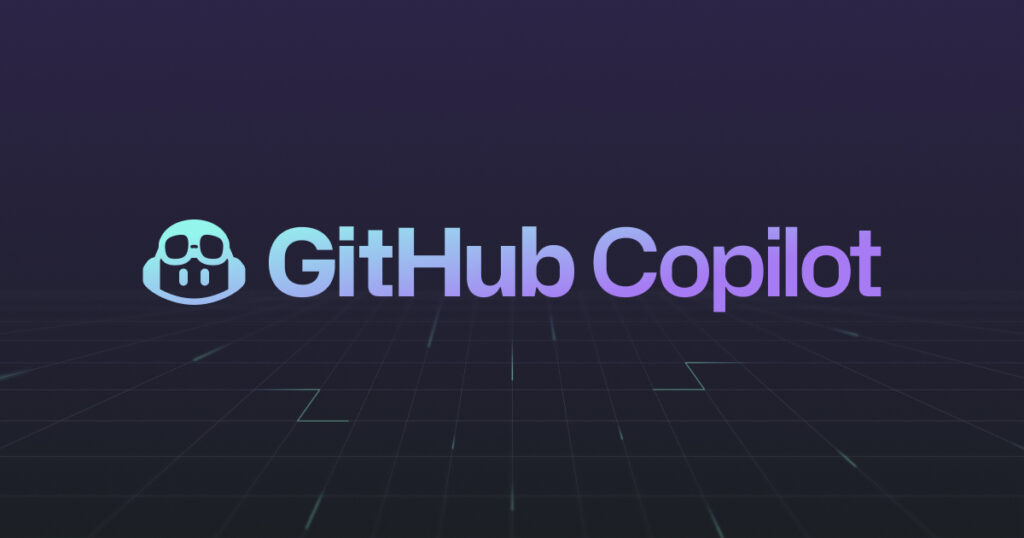It’s the question I hear all the time—sometimes with curiosity, sometimes with panic:
“Is AI going to replace software developers?”
AI software development agents like Flatlogic AI, GitHub Copilot, and others are getting more powerful by the day. They write code, generate entire applications, and even help with debugging and testing.
So what does that mean for developers? Are we still needed in a world where AI can “code”?
Let’s dig into the hype, the reality, and what the future of development really looks like.
First, What Can AI Actually Do Right Now?
AI agents can do some impressive things already:
✅ Write boilerplate code
✅ Generate CRUD operations and full-stack apps
✅ Suggest functions and logic in real time
✅ Create test cases
✅ Help debug code
✅ Explain existing code in plain language
Platforms like Flatlogic AI go even further—allowing you to:
- Define your data model visually
- Choose a frontend + backend stack
- Generate a production-ready web app with authentication, routing, and a connected database
- Download or deploy it instantly
That’s a massive leap forward in productivity.
But Here’s What AI Can’t Do (Yet)
Even the best AI agents still struggle with:
❌ Complex architectural decisions
❌ Business strategy or trade-offs
❌ Security and compliance nuances
❌ Understanding user experience or emotional design
❌ Inventing creative new product ideas
In other words, AI can generate code—but not context.
It doesn’t know why your app needs to behave a certain way. It doesn’t know your customers, your market, or your tech debt. That’s all on you.
So… Will AI Replace Developers?
Let me be clear:
AI will not replace software developers. But developers who use AI will replace those who don’t.
Here’s why:
- AI is a tool—not a mind.
- It accelerates tasks, but doesn’t lead projects.
- It automates the simple, so we can focus on the complex.
- It removes friction, not strategy.
The devs who embrace AI will spend less time writing repetitive code and more time solving real problems.
Think of AI Like a Junior Dev (With Superpowers)
The best way to view AI agents is like a junior dev that:
- Writes fast
- Has seen every Stack Overflow answer
- Never gets tired
- Can scaffold an app in minutes
But…
- Needs supervision
- Makes mistakes
- Doesn’t understand long-term goals
- Lacks critical thinking
Would you fire your senior engineers because you hired a fast junior? Of course not.
You’d let the junior handle the easy stuff—while the seniors focus on what matters.
How AI Is Already Changing Dev Teams
Across startups and enterprise teams, AI is already:
- Speeding up MVPs with tools like Flatlogic AI
- Letting small teams ship like large ones
- Automating onboarding by generating documentation and code explanations
- Improving code quality with refactoring suggestions
- Catching bugs earlier in the pipeline
But in every case, human developers are still in the loop—reviewing, improving, and making the final call.
What Should Developers Do About This?
If you’re a developer right now, the smartest move isn’t to resist AI—it’s to learn how to work with it.
Here’s how:
✅ Use Flatlogic AI to scaffold your next project instead of building from scratch
✅ Use Copilot or Tabnine while writing code to reduce boilerplate
✅ Ask ChatGPT or Cursor to explain confusing legacy functions
✅ Experiment with refactoring tools like Mutable AI
✅ Stay focused on learning system design, user empathy, and problem-solving
The devs who will thrive are the ones who combine human creativity with AI-powered execution.
Final Thoughts: It’s Not a Takeover. It’s a Transformation.
AI isn’t here to take your job.
It’s here to take your repetitive work—so you can do the part of the job that’s actually interesting.
And that’s good news.
Because the future of development won’t be code vs. no-code or AI vs. human.
It’ll be people who build with AI vs. people who don’t.
So if you’re wondering whether AI is coming for your role…
You’re asking the wrong question.
The real question is:
Are you ready to partner with it?



